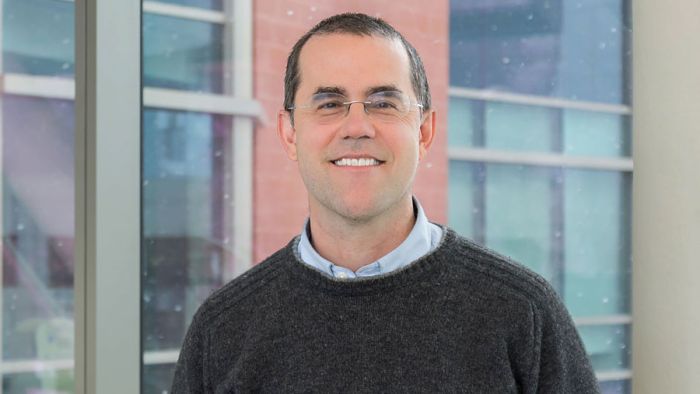John Garcia, MD, Pediatric Sleep Medicine
Physical Pediatric Sleep Disorders
When parents report that their child does not sleep through the night or has other sleep disturbances, that can be a red flag in an appointment. There are four types of physical pediatric sleep disorders, often sorted into four “-somnias.” They include parasomnias, hypersomnias, dyssomnias and insomnia.
- Parasomnias include confused arousals, night terrors and sleepwalking. Pediatricians must distinguish these parasomnia episodes from seizures and nightmares. Then, reassurance is often sufficient.
- Hypersomnias are disorders manifesting as excessive daytime sleepiness despite adequate sleep. Narcolepsy is the classic representative of this group, though other hypersomnia disorders exist. These children require a careful evaluation by a pediatric sleep specialist to ensure an accurate diagnosis.
- Dyssomnias fragment sleep and include disorders such as obstructive sleep apnea (OSA) and restless legs syndrome (RLS). The pediatric sleep questionnaire (sleep-disordered breathing subscale) is a standardized tool to determine if a child with symptoms of OSA requires a sleep study. The four R’s define RLS: an URge to move the legs, occurring at Rest, Relieved by movement and often found in a Relative. If RLS symptoms require intervention, iron therapy helps in about half of patients who also have ferritin levels less than 50 ng/ml.
- Insomnia, difficulty falling or staying asleep, although easy to diagnose, often warrants a referral to a pediatric sleep specialist to determine cause and treatment. Causes of insomnia are often a developmental disability or a circadian rhythm disorder such as delayed sleep phase syndrome.
An overnight sleep study can confirm if your patient has obstructive sleep apnea. While your patient sleeps, pediatric sleep medicine specialists monitor blood pressure, electrocardiographic activity, blood oxygen level, brain wave pattern, eye movement, airflow through the nose and mouth and movement of respiratory muscles and limbs.
The Gillette Children's Sleep Medicine program is accredited by the American Academy of Sleep Medicine, and offers consultations virtually and at several locations. Sleep studies take place at the St. Paul campus. To make a sleep medicine referral, call the one-call referral line at 651-325-2200 or fax referral to 651-726-2622.
Join Our Partners in Care Community!
Subscribe to Partners in Care Journal, a newsletter for medical professionals.
Subscribe Today Home Page
Home Page

